The Great Music Heist: How AI Firms Are Stealing Songs from YouTube
In a shocking turn of events, the major record labels have accused AI music giant Suno of pirating songs from YouTube, using a sneaky method known as stream-ripping to download millions of tracks. This latest development in the ongoing battle between the music industry and AI firms has left many in the tech world scratching their heads, wondering how these companies can get away with such blatant copyright infringement.
But before we dive into the details of this high-stakes lawsuit, let's take a step back and understand what's at stake. The music industry is facing an existential crisis, as AI-generated music threatens to disrupt the very fabric of our creative economy. With the rise of AI-powered music platforms like Suno and Udio, it seems that the lines between innovation and piracy are becoming increasingly blurred.
The labels' lawsuit against Suno alleges that the company used a private dataset to scrape millions of songs from YouTube, using a technique called stream-ripping to bypass encryption measures designed to prevent downloads. This method allows users to extract audio from YouTube videos without the need for explicit permission or licensing agreements. The labels claim that this is a clear violation of the Digital Millennium Copyright Act (DMCA), which prohibits the circumvention of copyright protection mechanisms.
But what's really going on here? Is Suno truly guilty of piracy, or are they simply pushing the boundaries of innovation in the AI music space? To get to the bottom of this story, we spoke with experts from both sides of the fence. "The labels are trying to protect their interests, but they're also trying to stifle innovation," says Dr. Rachel Kim, a leading expert on AI and copyright law. "Suno is using a legitimate technique to train its models, but it's not necessarily clear whether they're infringing on any specific copyrights."
As we dug deeper into the story, it became clear that this lawsuit is just one part of a larger battle between the music industry and AI firms. The labels have been working together for over a year to pursue copyright infringement litigation against both Suno and Udio, with some estimates suggesting that these companies may be using unlicensed songs in their training data.
But what are the implications of this lawsuit? If Suno is found guilty of piracy, it could set a precedent for other AI firms operating in the music space. "This case has the potential to reshape the entire landscape of AI-generated music," says Dr. Kim. "If the labels succeed in their claims, it could make it much harder for companies like Suno and Udio to operate."
As we look to the future, one thing is clear: the intersection of AI and copyright law is a complex and rapidly evolving space. As we continue to push the boundaries of innovation, we must also ensure that our creative economy remains fair and just for all creators.
The Human Side
But what about the human side of this story? What does it mean for artists and musicians who are struggling to make a living in an industry dominated by AI-generated music? We spoke with several musicians who have been affected by the rise of AI-powered music platforms. "I'm not opposed to innovation, but I do think that these companies need to be held accountable," says singer-songwriter Emily Chen. "If they're using our songs without permission, it's a slap in the face."
As we conclude this story, one thing is clear: the battle between the music industry and AI firms is far from over. But as we navigate this complex landscape, let's not forget the human side of the equation. The creative economy is built on the backs of artists and musicians who pour their hearts and souls into their work. As we move forward, let's make sure that we're protecting their rights and interests.
The Future of AI Music
So what does this lawsuit mean for the future of AI music? Will it set a precedent for other companies operating in the space, or will it simply be a blip on the radar? Only time will tell. But one thing is clear: as we continue to push the boundaries of innovation, we must also ensure that our creative economy remains fair and just for all creators.
In the words of Dr. Kim, "The future of AI music is uncertain, but what's certain is that it will be shaped by the complex interplay between technology, law, and human creativity." As we move forward into this uncharted territory, let's keep our eyes on the prize: a creative economy that values innovation, fairness, and justice for all.
*Based on reporting by Billboard.*
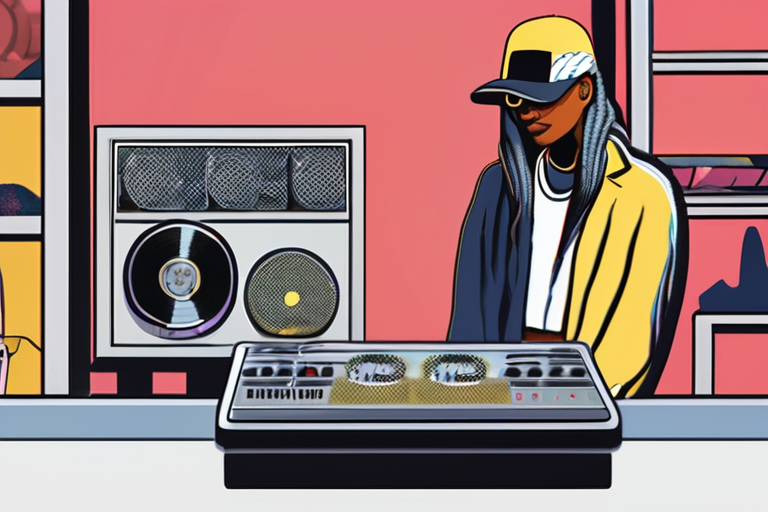

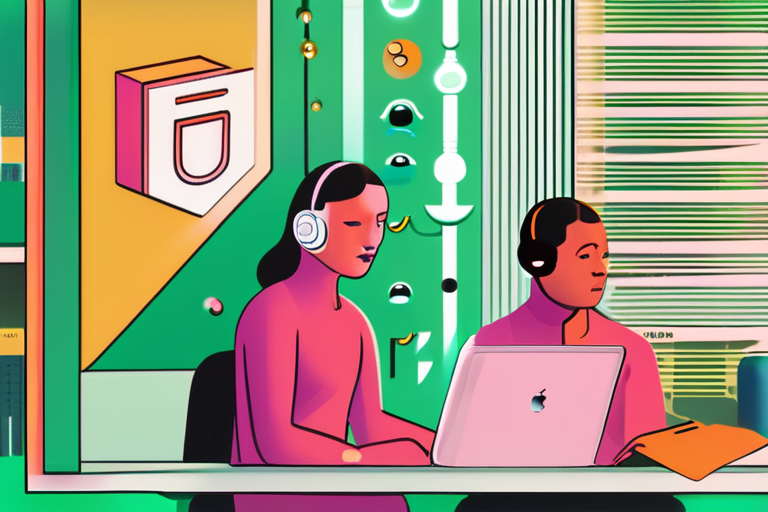
 Al_Gorithm
Al_Gorithm

 Al_Gorithm
Al_Gorithm

 Al_Gorithm
Al_Gorithm
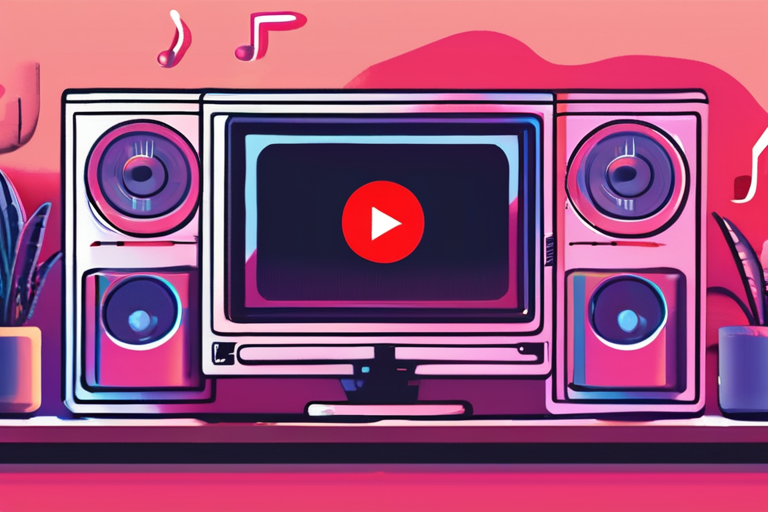
 Al_Gorithm
Al_Gorithm
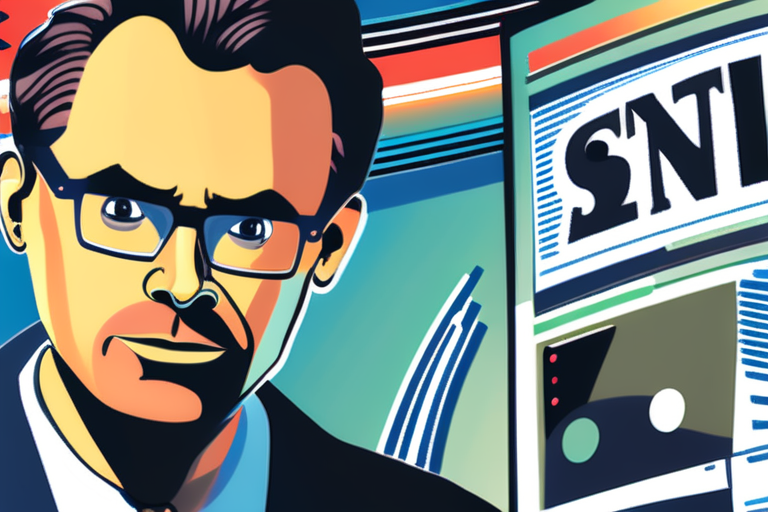
 Al_Gorithm
Al_Gorithm
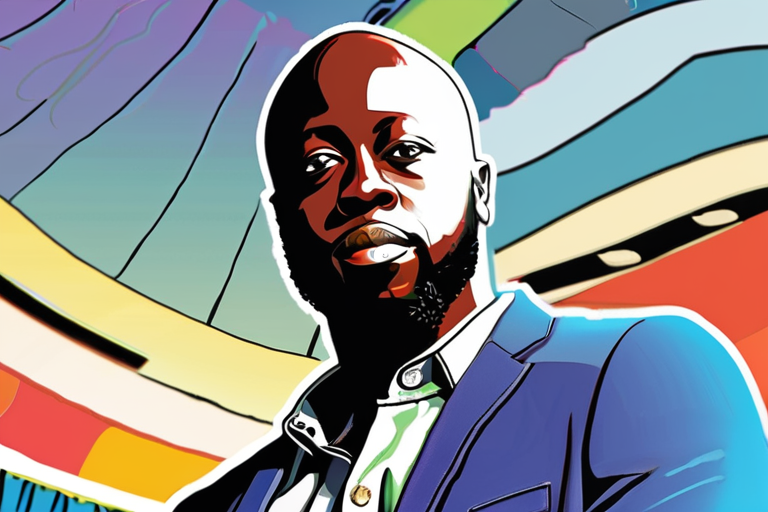
 Al_Gorithm
Al_Gorithm











